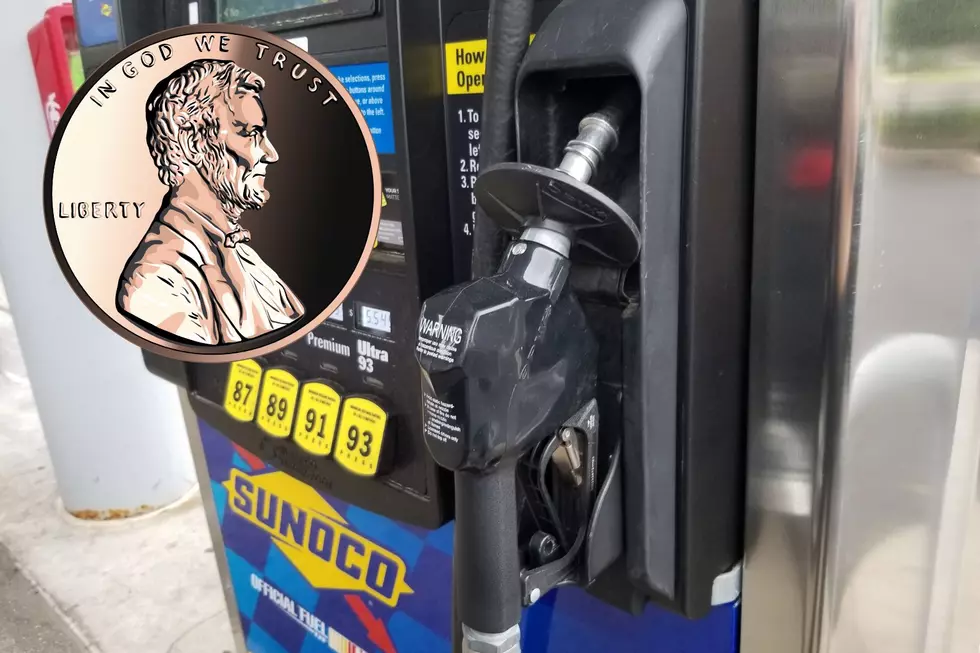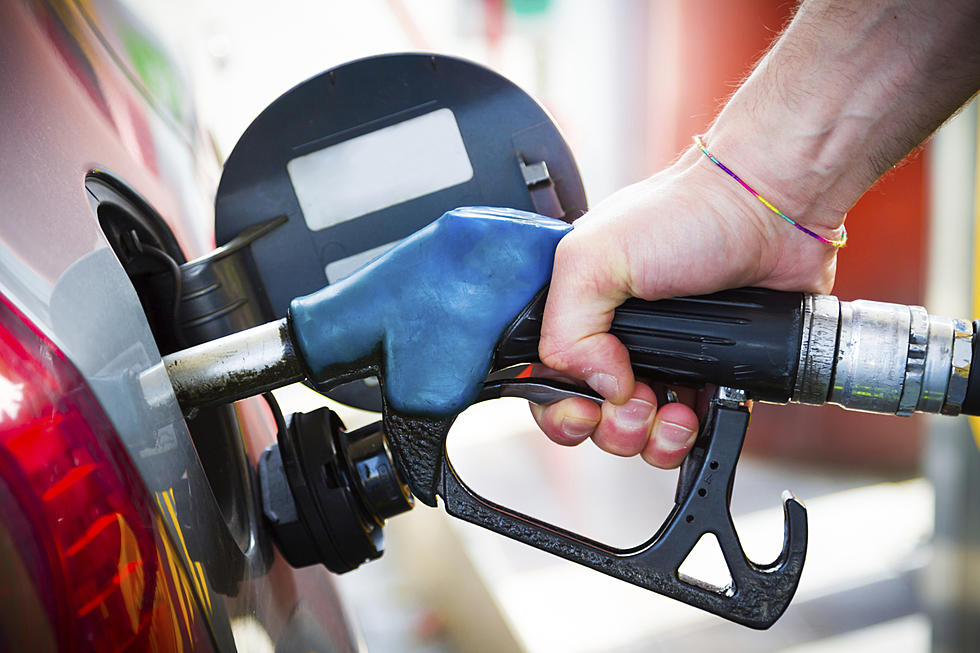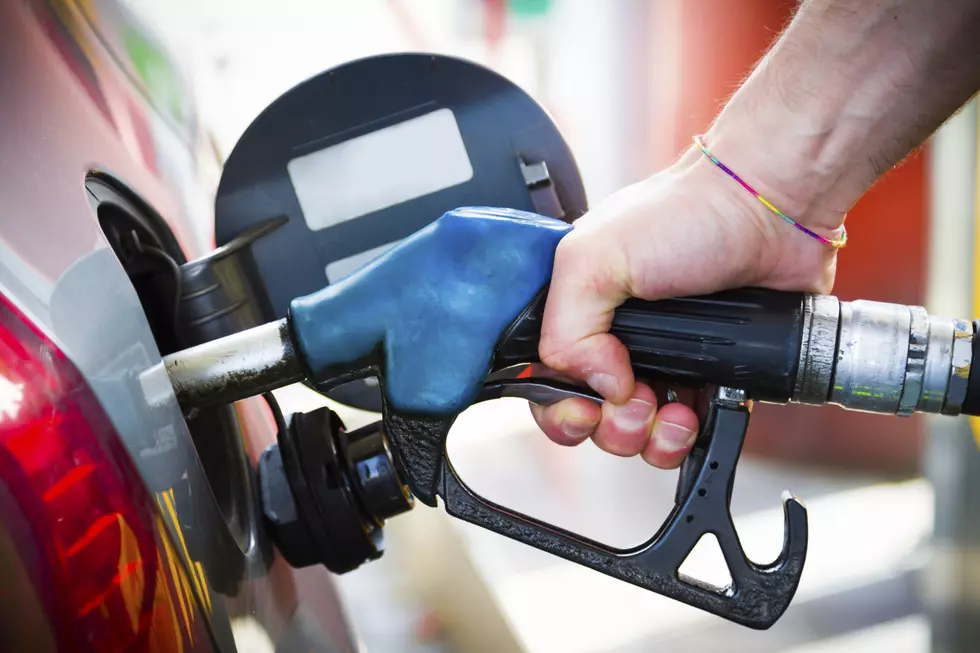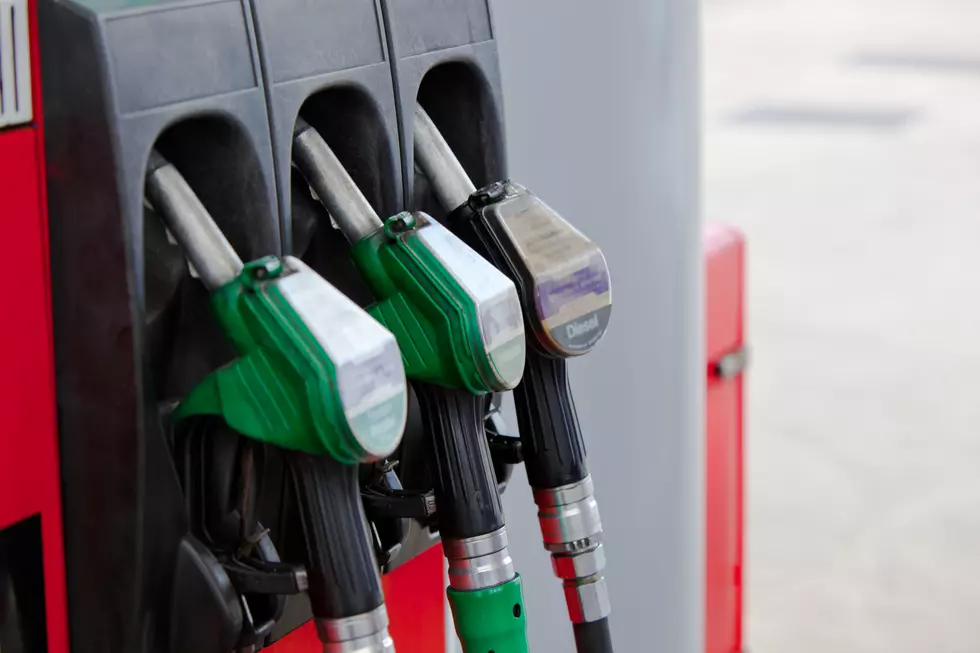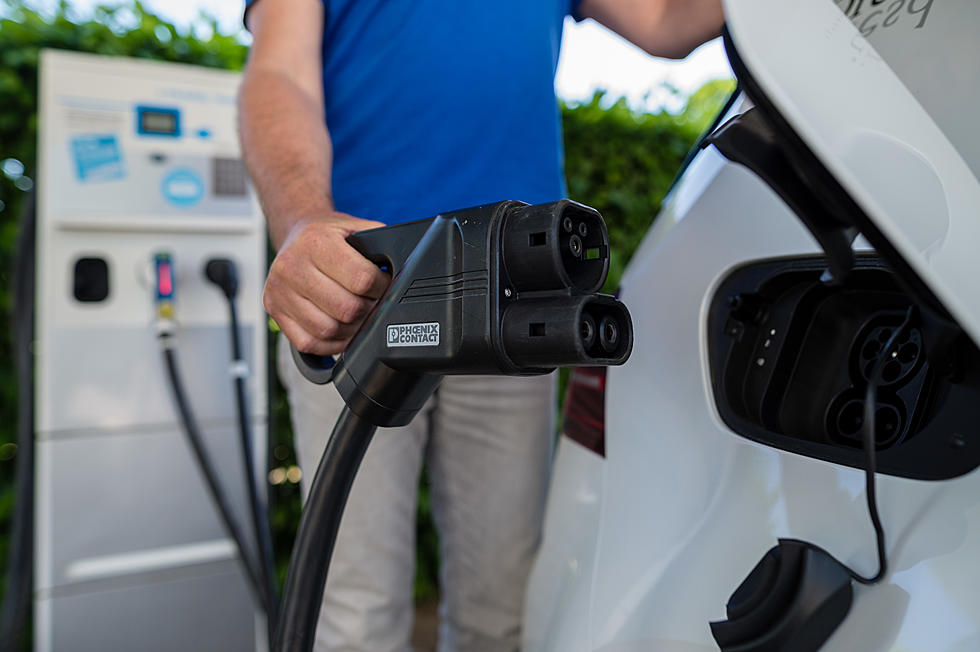
How Do You Tax a Car That Doesn’t Use Gas? NJ May Seek Ideas
How do you pay for upkeep of New Jersey’s roads if a growing number of cars don’t pay gas taxes because they don’t use gasoline?
Since the debate three years ago over the increase in the gas tax, some lawmakers have said the state needed to consider how to fairly collect revenues from electric-car drivers to pay for repairs to bridges and roads they use but wouldn’t pay toward through gas taxes.
In fact, as part of the gas-tax increase, the Legislature created a Transportation Policy Review Board tasked with, among other things, filing a report that recommends a new system of taxation for electric and hydrogen fuel cell vehicles and others that don’t use gasoline.
That never happened but now might. The Senate Transportation Committee is scheduled to take up a bill Thursday that would create an Alternative Fuel Vehicle Transportation Financing Commission that would have six months, from the time of its first meeting, to recommend a new financing approach.
Doug O’Malley, state director for Environment New Jersey, said lawmakers should be focused for now on getting more electric vehicles on the road, not taxing them.
“Clearly at some point as electric cars grow, we will need to come up with a broader funding solution that goes beyond the gas tax,” O’Malley said. “But we shouldn’t be talking about putting a penalty on drivers who decide to buy an electric car right now.”
O’Malley said “the tipping point” at which a Transportation Trust Fund revenue plan that specifically includes electric cars is needed is close to 10% of the state’s vehicle fleet and at least five years away.
O’Malley said the state’s current mandate is to reach 330,000 electric vehicles by 2025. As of June 30, there were nearly 27,000 all-electric and plug-in hybrid electric vehicles in New Jersey, according to the state Department of Environmental Protection.
“In the future where electric cars are more the norm, yes, we’re going to have to have a funding solution that includes them. But we want to incentivize electric vehicles, not disincentivize them right now,” said O’Malley.
“It’s fine to have a conversation on what the future is going to look like,” he said. “We just want to make sure that we’re also at the same time acknowledge that this is the future we do want to have. We do want to be moving off gas-powered vehicles.”
O’Malley said that when funding options are considered, an assessment based on the number of miles an electric car drives in a year would be better than a flat increase on their vehicle registrations.
“That really is what a gas tax is. You only drive a thousand miles in a year, you’re not going to pay that much to maintain our roads. You drive 50,000 or 30,000, you’re going to pay a lot more,” O’Malley said. “That is an equitable way to fund our roads. And in a world where every car doesn’t use gas, that ideally is model we’re moving towards.”
More From WPG Talk Radio 95.5 FM
